Can Birth Control Cause Acne?
By Abby Vinas
Acne Treatment
Causes of Acne
•
1 Comment
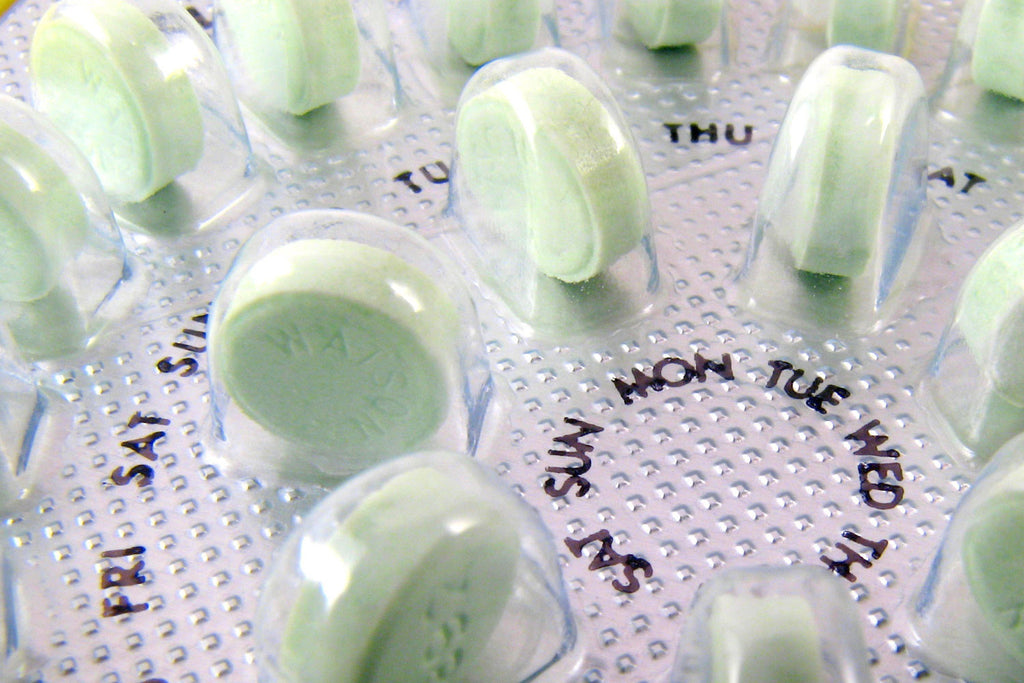
Ever had a friend mention that her skin cleared up as soon as she started taking birth control? Or maybe you’ve talked to someone who reported increased acne from birth control after they started using their new contraceptive. You’ve likely heard both sides of the story, leaving you wondering “can birth control cause acne or does it help it?”.
Can some types of birth control contribute to acne? Yes. But, birth doesn't directly cause acne. Numerous studies have found that birth control can be a great treatment option, especially for women with acne that hasn’t improved with topical medications alone. It’s all about using the right type of birth control.
- Birth Control and Acne
- What Type of Birth Control Fights Acne Best?
- Birth Control vs. Antibiotics
- Is Birth Control Safe?
- So My Birth Control Won’t Cause Acne?
- Key Takeaways
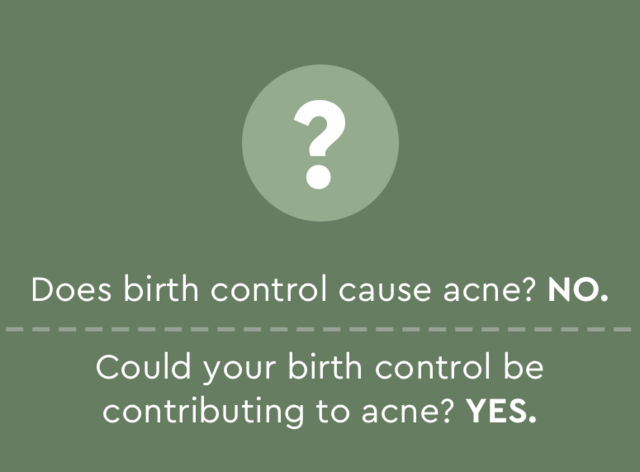
As leaders in healthy skincare solutions, we are here to answer the question “can birth control cause acne”. We’ll also help you understand how your birth control can pull double duty to help you fight acne while also acting as an effective contraceptive. In conjunction with a solid skin care regimen like our Clear Skin Routine, birth control can help control acne flares and leave your skin looking its best.
The Lowdown on Birth Control and Acne
Oral contraceptives, most commonly referred to as birth control, are medications that are first and foremost designed to prevent pregnancy. However, it has also long been tied to acne and acne treatment, leading many people to ask "does birth control cause acne or treat it?".
To determine how birth control helps, and sometimes interferes with clear skin, it’s important to learn exactly how it affects the body. Let’s break down the connection between birth control and acne.
Causes of Acne
To understand how this relationship works, you need to understand both sides of the equation. First, let’s break down what causes acne.
Hormone Fluctuations
One of the biggest factors in the development of acne is fluctuation in hormone levels. This can occur during puberty, pregnancy, menstruation, or menopause.
This fluctuation results in a rise in androgens, hormones that are found in both men and women. While a woman’s ovaries and adrenal glands generally produce low levels of androgens, when the adrenal glands are stimulated, more sebum is produced in the skin’s follicles. As pores fill up with excess sebum, the oily substance may combine with dead skin cells, debris, and P. acnes bacteria, and begin the formation of a pimple.
Skin Type
There is a high correlation between oily skin and acne: the more sebum produced by the skin, the higher the chance pores will become clogged. If you have dry skin, don't rejoice just yet. Overly dry skin causes the sebaceous glands to pump out excess oil, which can also make your skin break out.
Stress
The aforementioned periods of your life are often filled with anxiety and uncertainty, which can also cause stress acne.
Implementing a multi-step skincare routine should help you manage these common causes of acne. We recommend using a clean routine that includes a face cleanser and a lightweight, plant-based moisturizer. You can also make lifestyle changes to manage stress and make sure you are healthy overall.
Does Birth Control Cause Acne?
So, does birth control cause acne? No, birth control is not a cause of acne. While you won’t solely develop acne from birth control, it can affect the frequency and severity of acne.
Asking “can birth control cause acne” is a bit of a complicated question. Whether birth control helps or worsens acne basically all comes down to its hormonal composition. Since hormonal fluctuations are a major cause of acne due to increased amounts of androgens, the level of hormones in birth control can affect the frequency and severity of acne breakouts.
Here's how it works...
Understanding Estrogen & Progesterone
The majority of birth control pills contain both progestin (a synthetic form of progesterone) and estradiol (a synthetic form of estrogen). Estrogen prevents ovulation, the process in which the ovaries release an egg. They also lower the number of androgens in the body, which results in decreased sebum—decreasing the occurrence of clogged pores and acne.
However, large amounts of progestin can increase androgens—this can promote and worsen breakouts. This is often why some people say that they experience increased acne on birth control.
So, as long as you choose an oral contraceptive with a sufficient amount of estradiol and low levels of progestin, birth control shouldn’t worsen acne, it can actually help it.
What Type of Birth Control Fights Acne Best?
Dermatologists and healthcare professionals have been prescribing birth control pills for the treatment of acne for many decades, and there are numerous brands and types available. There is no foolproof guide to acne causes, but many health professionals tout the benefits of contraception for female acne patients.
"What's the best birth control for acne" is a difficult question to answer, but if you’re looking to use contraception to help clear your skin, there are only three specific pills that have been approved by the FDA for acne treatment: Ortho Tri-Cyclen, Estrostep, and YAZ.
All three of these pills are considered combination oral contraceptives, which means they contain both estrogen and progesterone.
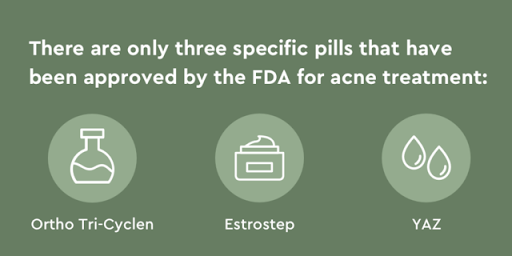
1. Ortho Tri-Cyclen
This birth control pill combines estrogen with a progestin known as norgestimate. This pill is intended for use as a contraceptive but provides the additional benefit of acne prevention and control.
In a study performed in 1997, the Journal of the American Academy of Dermatology found that in a group of 247 women, 93.7% of women who took Ortho Tri-Cyclen saw improvements in their skin, while only 65.4% of the placebo group saw the same type of results.
2. Estrostep
This birth control pill combines estrogen with a progestin called norethindrone. These pills may also contain iron, and come in varying levels of estrogen.
Estrostep was the first oral contraceptive approved in a new class of birth control called Estrophasic. It increases doses according to a woman’s menstrual cycle, providing gradually increasing amounts of estrogen. A 1997 study concluded that birth control pills containing 0.035 mg of Ethinyl estradiol combined with the triphasic regimen of norgestimate are safe and effective for treating acne.
2. YAZ
You’ve likely heard of YAZ. Introduced in 2006, YAZ was at one time the top-selling, most popular oral contraceptive in the U.S. It uses a combination of estrogen and synthetic progestin known as drospirenone. Concerns were raised however when some health professionals noticed that this progestin may raise the risk of blood clots. Numerous side effects came to light, including the drug’s ability to lower potassium levels and cause strokes or embolisms. It has not been recalled, but many lawsuits have been filed against the company because of its side effects.
If you’re considering birth control for your acne, you should know that it is not uncommon for patients to have to try multiple pills in order to find one that helps to clear their skin.
Clearer skin in as little as two weeks.
This 3-step routine combines the most effective (clinically-proven) acne fighting ingredients with powerful plant intelligence to leave your skin nourished, refreshed, and clear.
Learn MoreBirth Control vs. Antibiotics
Many dermatologists and health care professionals will prescribe antibiotics for acne, but there can be downsides to this form of treatment. These antibiotics are available in topical applications, tablets, capsules, and elixirs.To use antibiotics for acne treatment, you'll usually need to get a doctor’s prescription. The most common oral antibiotics prescribed for acne include tetracycline, doxycycline, erythromycin, and clindamycin. Many have found that antibiotics are an effective method of controlling breakouts, offering two main acne-fighting effects:
- Antibiotics reduce bacteria on the skin’s surface and within the pores, including acnes bacterium.
- Antibiotics serve as an anti-inflammatory agent, easing irritation and inflammation often associated with breakouts.
Both of these benefits have made antibiotics a popular choice for acne treatment. However, antibiotics do come with their risks.
Side Effects of Topical Antibiotics
Using topical antibiotics can results in:
- Skin irritation that ranges from mild dryness to scaly, itching skin
- Bacterial resistance (making it harder to treat acne with antibiotics down the road)
- Development of contact dermatitis
Side Effects of Oral Antibiotics
Taking a regular dose of oral antibiotics can result in:
- Bacterial resistance (but this is more commonly seen with topical applications)
- Photosensitivity (especially doxycycline)
- Yeast overgrowth
- A variety of rashes
In a study published in the Journal of the American Academy of Dermatology, research showed that during a six-month period, oral contraceptives reduced acne by 61.9%, while antibiotics resulted in 57.9% improvement.
So, are oral contraceptives a better option than antibiotics? Numerous studies have shown that antibiotics and birth control pills have shown similar success in improving acne symptoms, but the pill is a great alternative for avoiding the drawbacks of antibiotics.
Is Birth Control Safe?
Now that we’ve gotten to the bottom of whether your birth control is causing your acne, you probably want to know whether it’s a safe treatment option.
While birth control is widely prescribed for contraception and acne control purposes, there are a few things to be aware of before beginning an oral birth control regimen. Women who smoke, have high blood pressure, or are older than 35 are advised against taking oral contraceptives.
There are a variety of side effects associated with oral contraceptives, including:
- Vomiting and nausea
- Bloating and cramping
- Changes in menstruation cycle
- Soreness in breasts
- Vision problems
- Feeling faint
- Fatigue
- Increased risk of blood clots, stroke, heart attack, and tumors
Always speak with your doctor before taking oral contraceptives and work with your dermatologist to determine if birth control should be part of your acne treatment solution.
So My Birth Control Won’t Cause Acne?
Still need reassurance? Again, to directly answer the questions “does birth control cause acne” and “can birth control cause acne”, the answer is no, oral contraceptives are not a direct cause of acne. However, whether birth control helps or worsens your acne is highly dependent on the type of contraceptive taken which is why it is important to understand what type of oral contraceptive increases your risk of breakouts.
If you’re considering whether to begin taking birth control for your acne, or you already take birth control and think it’s making you have worse breakouts, check what type of oral contraception you’re on.
Taking Birth Control to Treat Acne
A dermatologist usually only prescribes birth control for acne to patients who have a need for contraception and have exhausted all other methods to manage their skin condition. Birth control is generally only used for moderate to severe cases of acne when other options won’t cut it.You want to avoid birth control pills that contain only progesterone can actually make breakouts worse and more frequent because it can stimulate the production of sebum. These types of birth control pills are what is known as the mini-pill.
If you’re noticing your skin break out more after you’re on the pill for a while, let your doctor know. They can help you find the right oral contraceptive to keep your skin clear by trying different prescriptions. When taking birth control for acne, you should also be aware that it typically takes several months to see improvements in your skin.
Just Taking Birth Control Isn't Enough
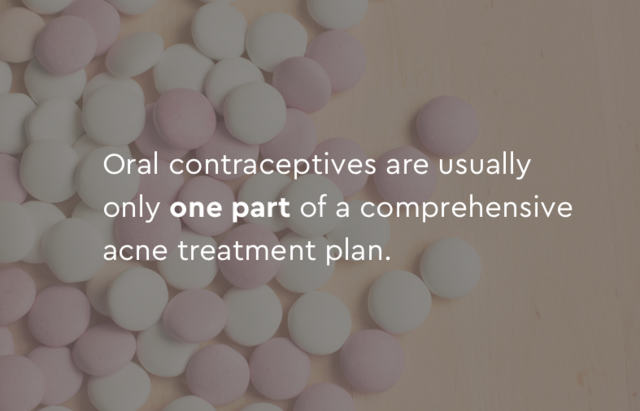
Oral contraceptives aren’t a one-and-done solution for acne. In fact, they’re typically used in conjunction with topical acne treatments. You’ll also need to do your part to keep your skin clear.
While the right birth control pills can reduce the amount of sebum produced in the pores and cut down on acne blemishes, it’s important to implement a healthy skincare routine including washing your face twice daily and using topical treatments as designed.
bioClarity leaves your skin looking and feeling great by cleaning, treating, and moisturizing your skin. Our vegan, cruelty-free acne products contain ingredients like chlorophyll-based Floralux® that are effective yet gentle and healthy for your skin. Together, your skincare routine and birth control will help you achieve clear skin that’s healthy and vibrant.
Start a Healthy Habit
Build the perfect routine for your skin type and skin concerns.
Take Skin Quiz
Key Takeaways
- Does birth control cause acne? No.
- Can birth control cause acne? Birth control does not directly cause acne, but it can increase sebum production which clogs pores.
- What types of birth control help acne? Birth control pills that contain both progesterone and estrogen can help clear the skin.
- Ortho Tri-Cyclen, Estrostep, and Yaz are the only FDA-Approved birth control for acne.
- What types of birth control can contribute to acne? Birth control that contains only progesterone can make acne worse.
- Using antibiotics for acne treatment is typically only recommended for a short period of time because of its side effects.
- While birth control can have serious side effects, it is generally considered safe for most women.
- Birth control for acne control and prevention should be used in conjunction with topical treatments to help the skin look and feel its best.
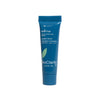
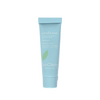
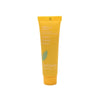
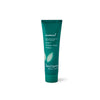









Well my birth control did start breaking me out the second day I started using it because I never had acne before!